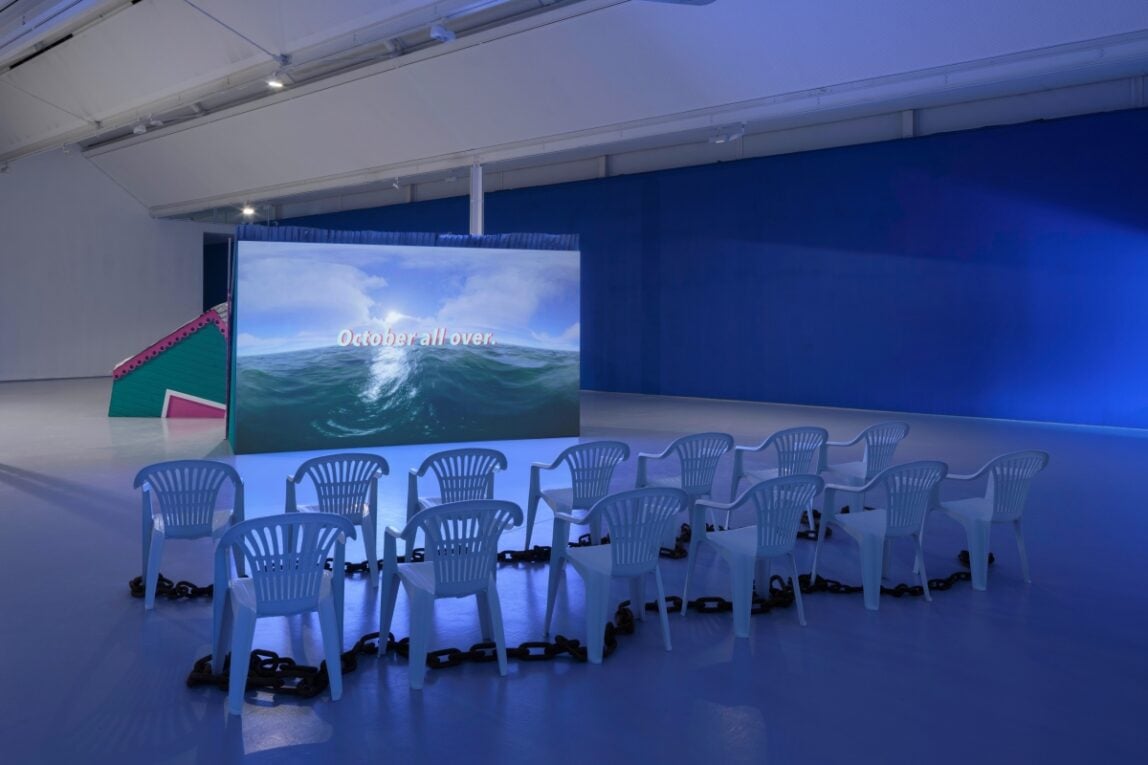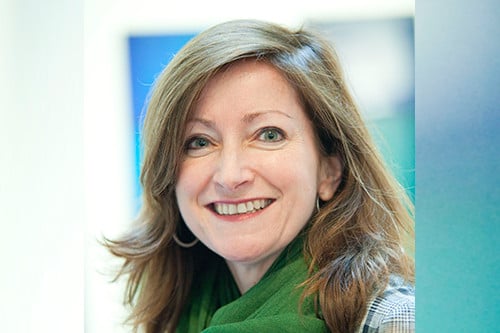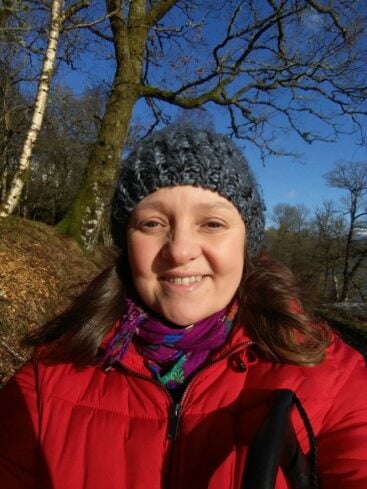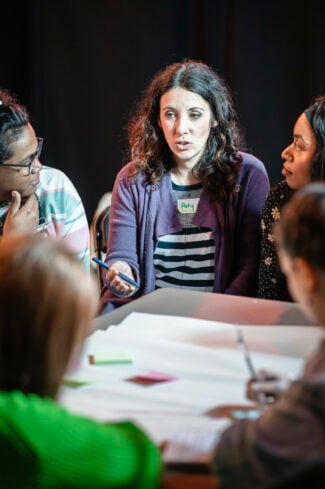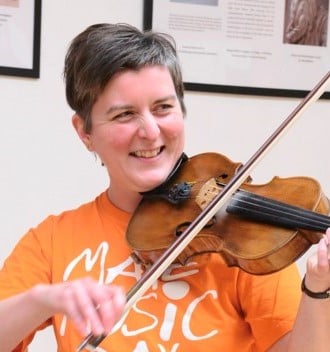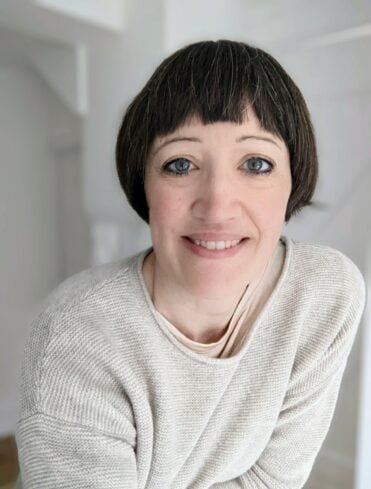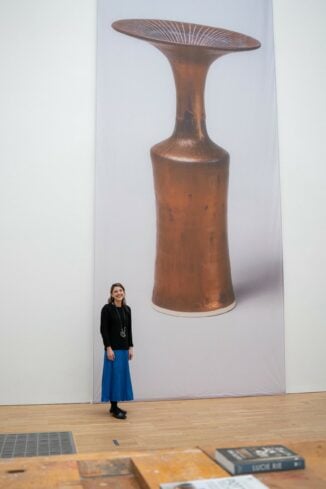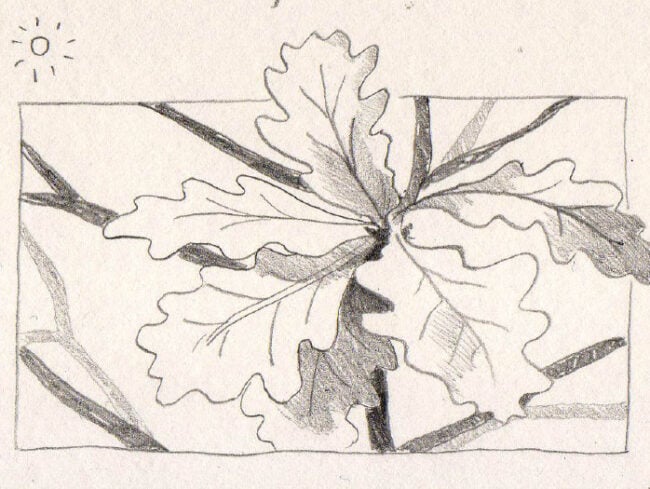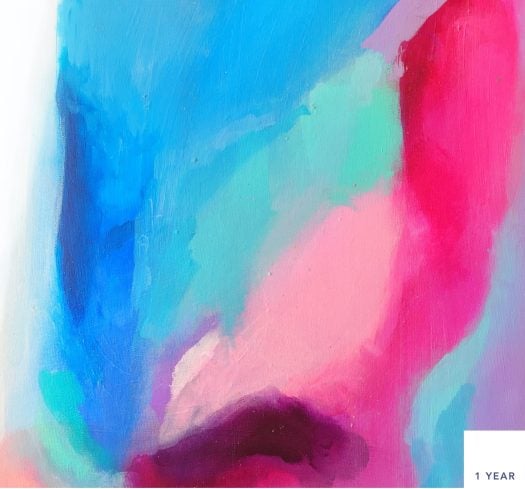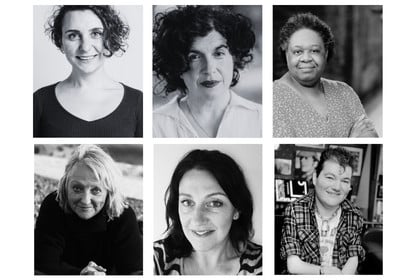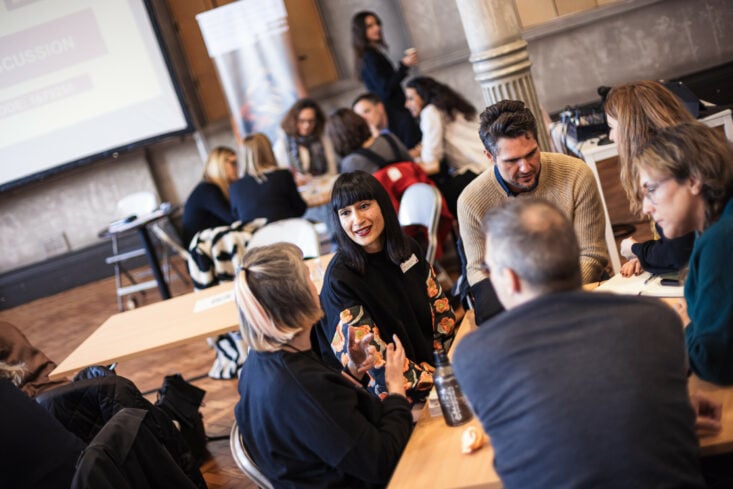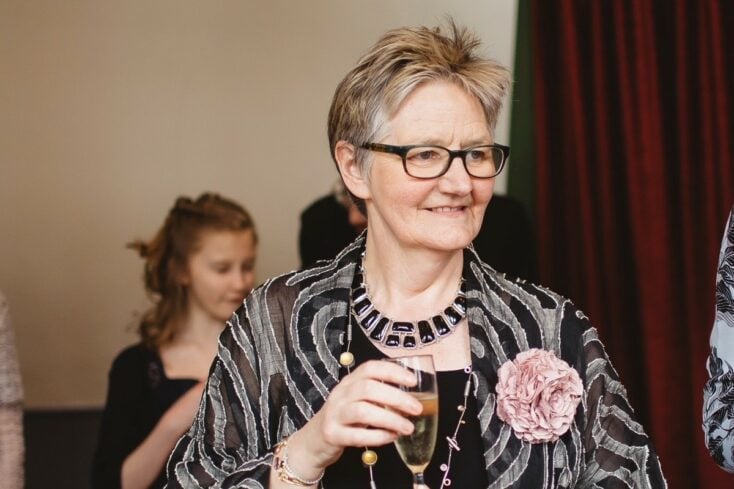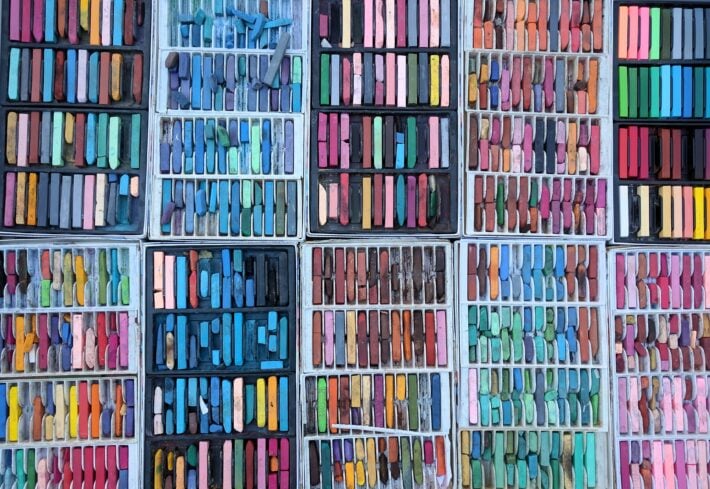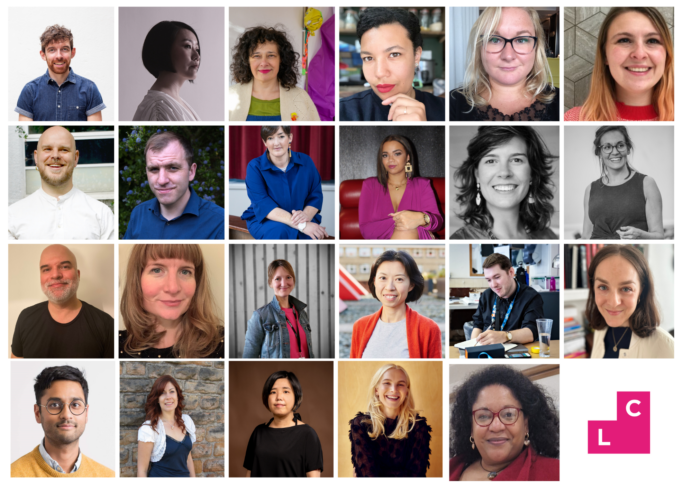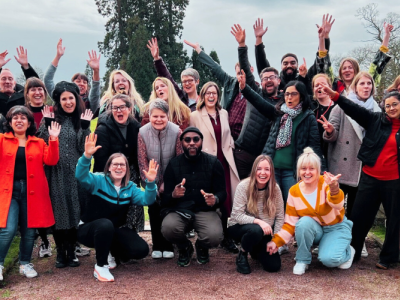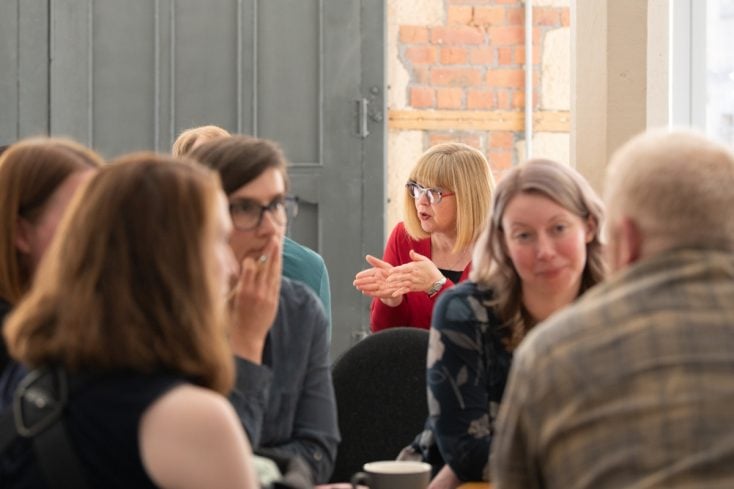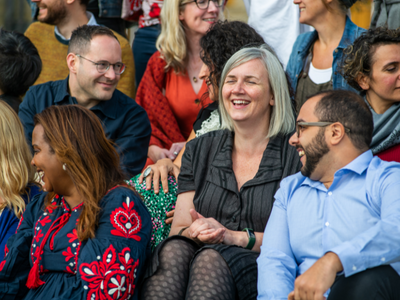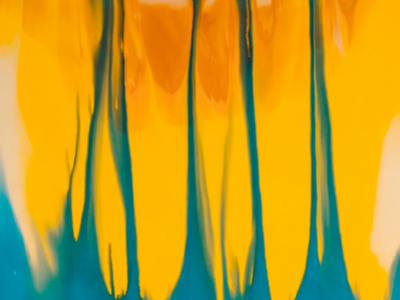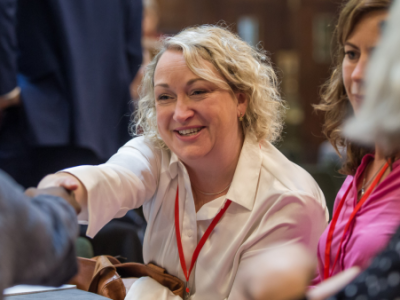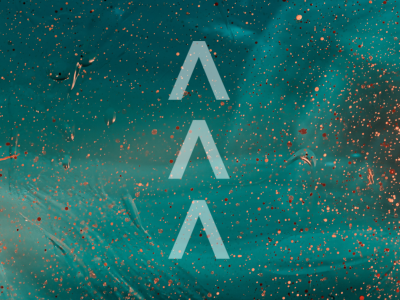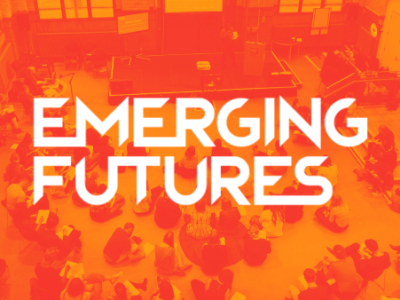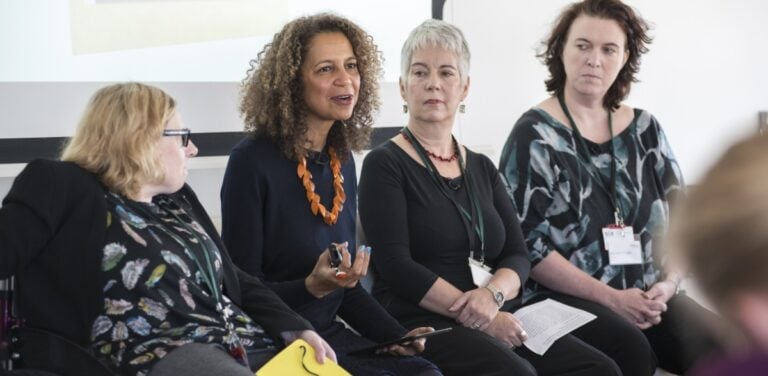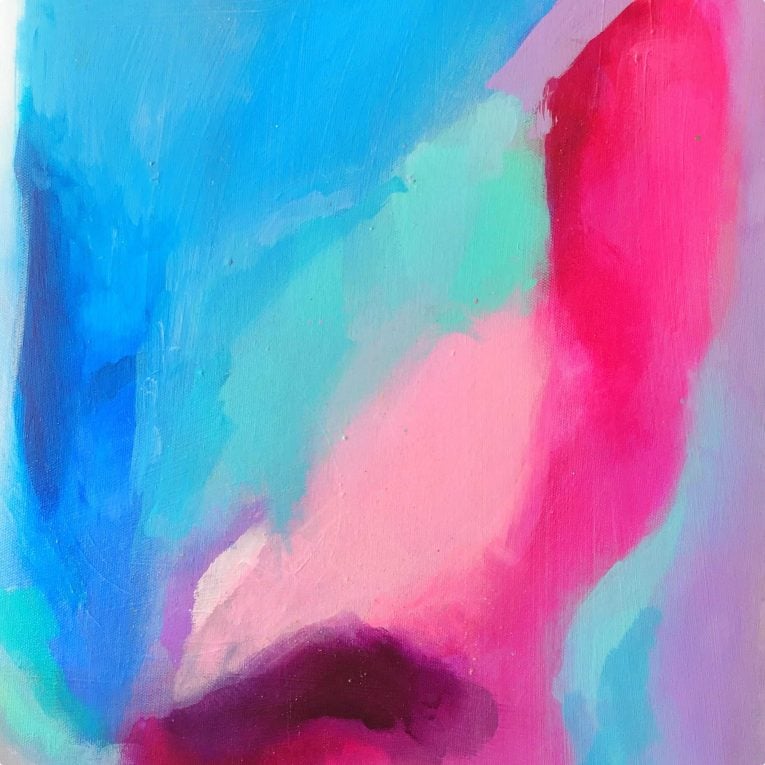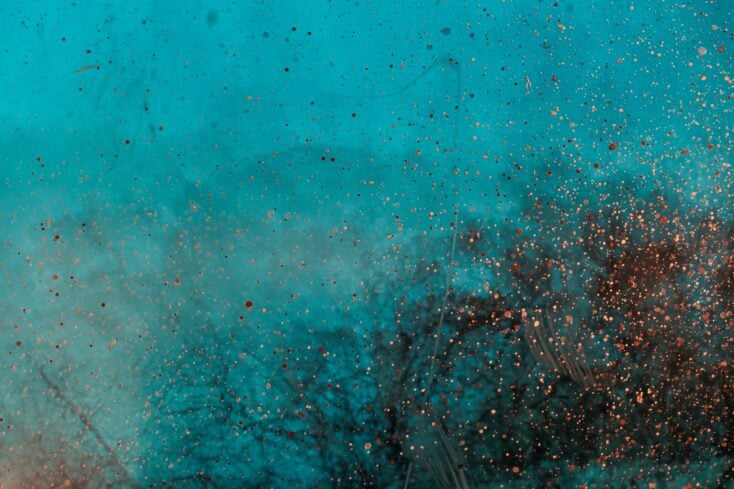Lockdown Lessons
Clore Fellow 11 Beth Bate reflects on her learning during lockdown. Beth is Director at Dundee Contemporary Arts.
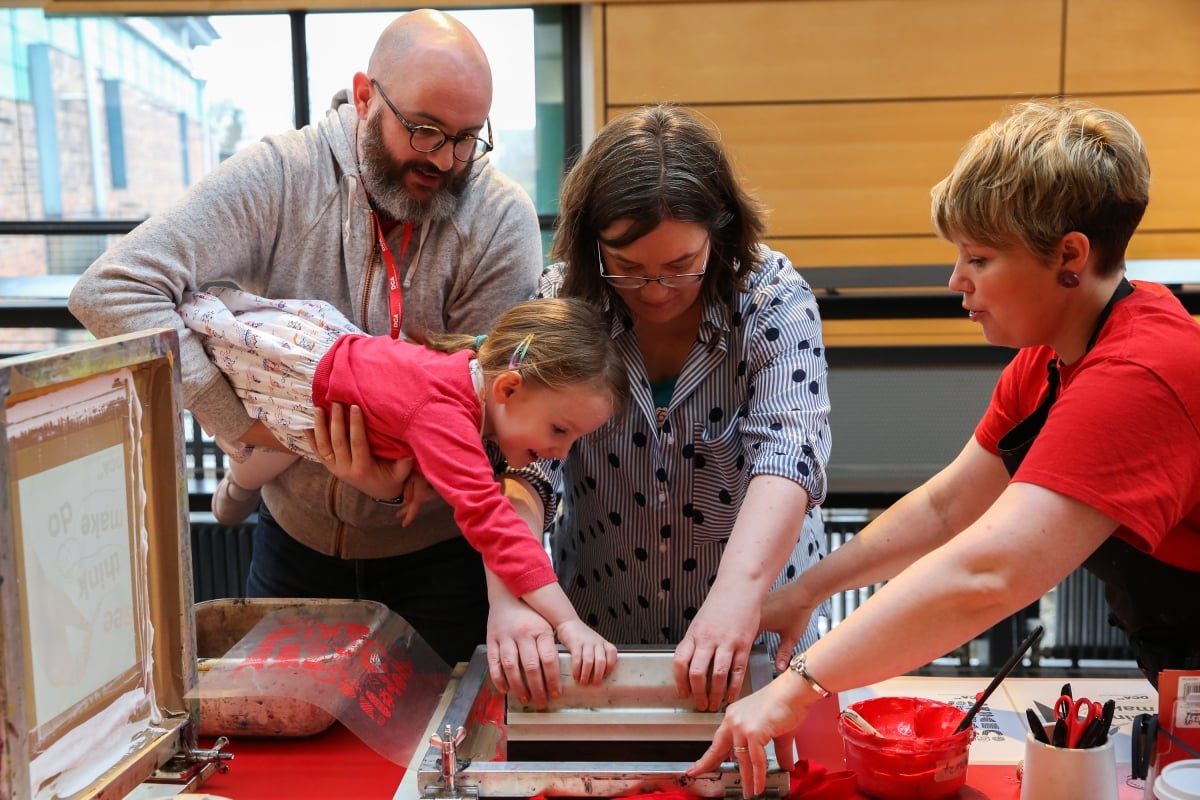
I am often asked what I gained from my time as a Clore Leadership Fellow. Everything during that incredible year of listening, learning and growing, led me to better understand and articulate my values. I know, because I had first-hand experience as a teenager of just this, that brilliant cultural experiences can change people’s lives; as artists, as audiences, and as participants. And I’m passionate about cultural venues that are buzzing social hubs, civic spaces where all sorts of people are welcome to do all sorts of things. My role as Director at DCA (Dundee Contemporary Arts) is to make sure that we, as a team, can provide this for as many people as possible.
Knowing your values, what gets you up and at it every day with enthusiasm and energy, gives you the most remarkable resilience. And goodness me, have we all needed resilience over the last few months.
We closed DCA’s doors on 17 March 2020, two weeks before the end of one of our most successful years to date: over 400,000 people through the door, including over 100,000 cinema goers, the highest since we opened in 1999; acclaimed contemporary art exhibitions with great reviews in national broadsheets and international arts press; new PhD programmes in our Print Studio, cementing our reputation as a centre for research and collaborative practice; award-winning learning projects with communities and charities, delivered. With lockdown, all of this paused. Our earned income, generated through our cinema, café bar, shop and workshops, dropped off overnight. Like the rest of the cultural sector we entered crisis mode.
The picture will be familiar to many – speedy transitions to home working, ensuring staff had IT kit and wifi; support for mental health issues connected with isolation and fear; a new Zoom culture with meetings and coffee breaks all held digitally; repeatedly reworking budgets to better understand how long we could support staff on full pay, how far our reserves might stretch, which of our funders would continue to support us; steep learning curves as we furloughed 90% of our 75 staff; developing an online programme of reading groups, film clubs, and creative workshops; creating activity packs and art bags for some of Dundee’s most in-need groups.
Since March, I have often asked myself, how on earth am I qualified to lead an organisation through a global pandemic? Then I remind myself – no one is qualified to do this, no one has direct experience of this. We are all just doing our best, drawing on the expertise we already have, and so it might as well be me. Resilience, driven by a real belief in the value of what we do, has made this possible.
During my Clore experience, I started to understand how vulnerability could be an important leadership skill. Texan Research Professor Brené Brown certainly hit the mark with Clore 11 and the honesty with which we still share our experiences with each other is as inspiring as ever. At DCA, being able to talk openly about what we find difficult and to share successes, and to support the team to do so as well, has been incredibly important. We have all had days over the last few months where the enormity of what we faced seemed almost insurmountable. Energies ebbed and flowed, and sometimes halted altogether. And yet, still we gathered (online), and still we talked, and still we swapped ideas about how to get through it. The trust built through such openness is remarkable.
We do some great work at DCA with audiences with a wide range of access and support needs, but this time has made me think much more deeply about how we do what do. The Clore session about access and disability, led by Claire Hodgson and Jamie Beddard, joint Artistic Directors of Diverse City, was invaluable, changing the way I thought about social justice. Many venues are now having to change how they operate, welcome audiences and make cultural experiences safe in a way that was unimaginable prior to lockdown. While access campaigners have long been making the case for change, as a sector we have not been good enough at listening and acting. I’m pleased that DCA is now part of a group of Scottish organisations supporting disabled artists to write a new manifesto to radically reimagine a future for the arts, called Not Going Back To Normal. Now is the opportunity to do much, much better.
One of the most powerful sessions I’ll remember from my Fellowship was an hour with Sandy Nairne, then Director of the National Portrait Gallery and Chair of Clore Leadership, when he spoke to us about self-care. Still in the early part of my Clore journey, this took me by surprise somewhat – it hadn’t occurred to me that everyone needs to consider how we look after ourselves. Sandy stressed that, as leaders, with large responsibilities, self-care is an important duty. If we don’t, we can’t then expect our teams to look after themselves. I’ve considered what this means in practical terms – how do we stay strong by sometimes being gentle, how can we stay determined whilst accepting our vulnerability, how do we listen to ourselves and make space for what others need too. Sometimes I’ll get this right, sometimes not so much. But as I learnt during my Clore Fellowship, and again as we work through Covid-19 and enter a post-lockdown world, the journey continues and that’s what I’m here for.
Beth is Director at Dundee Contemporary Arts and is part of the Clore 11 cohort of Fellows.
